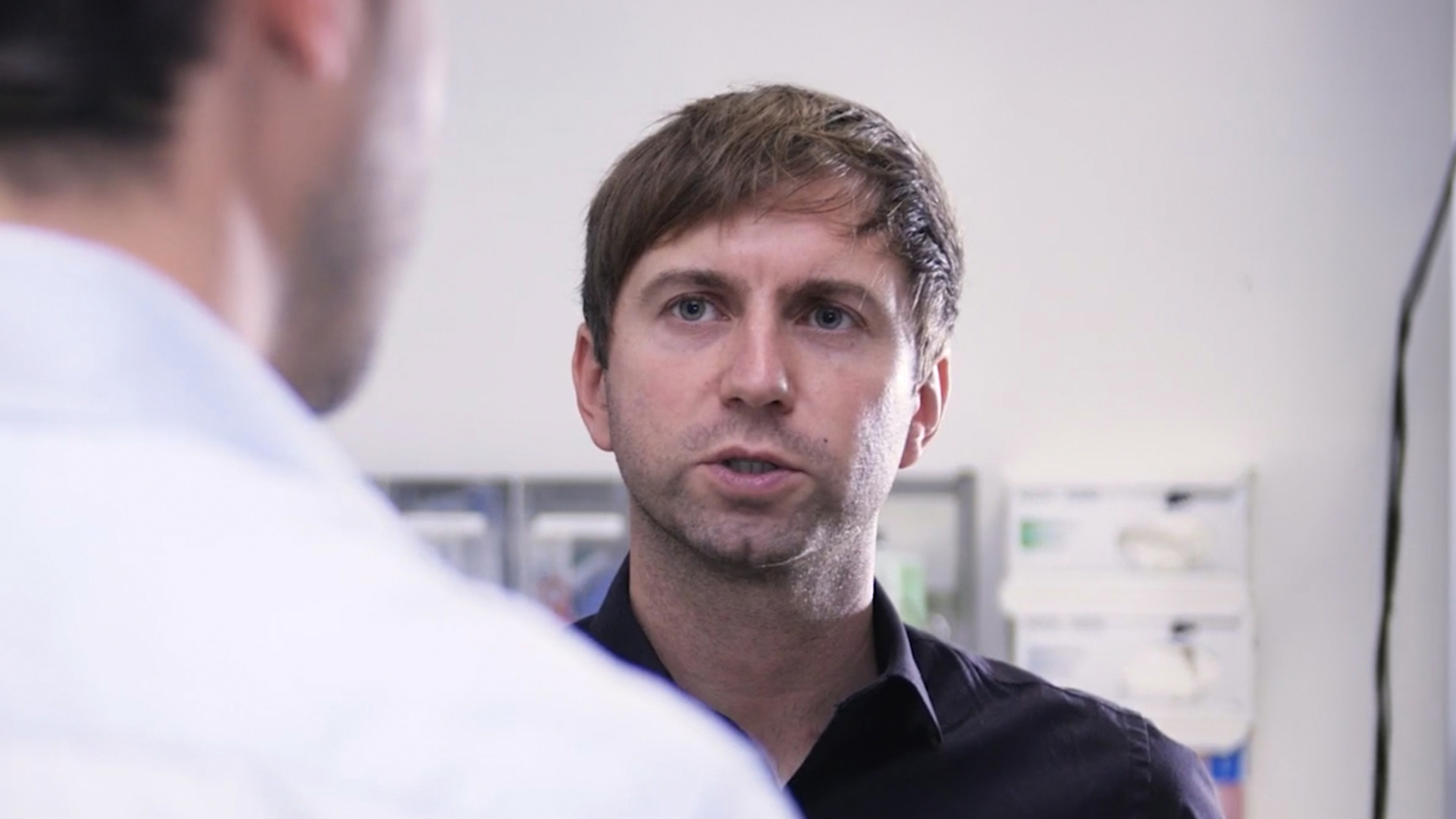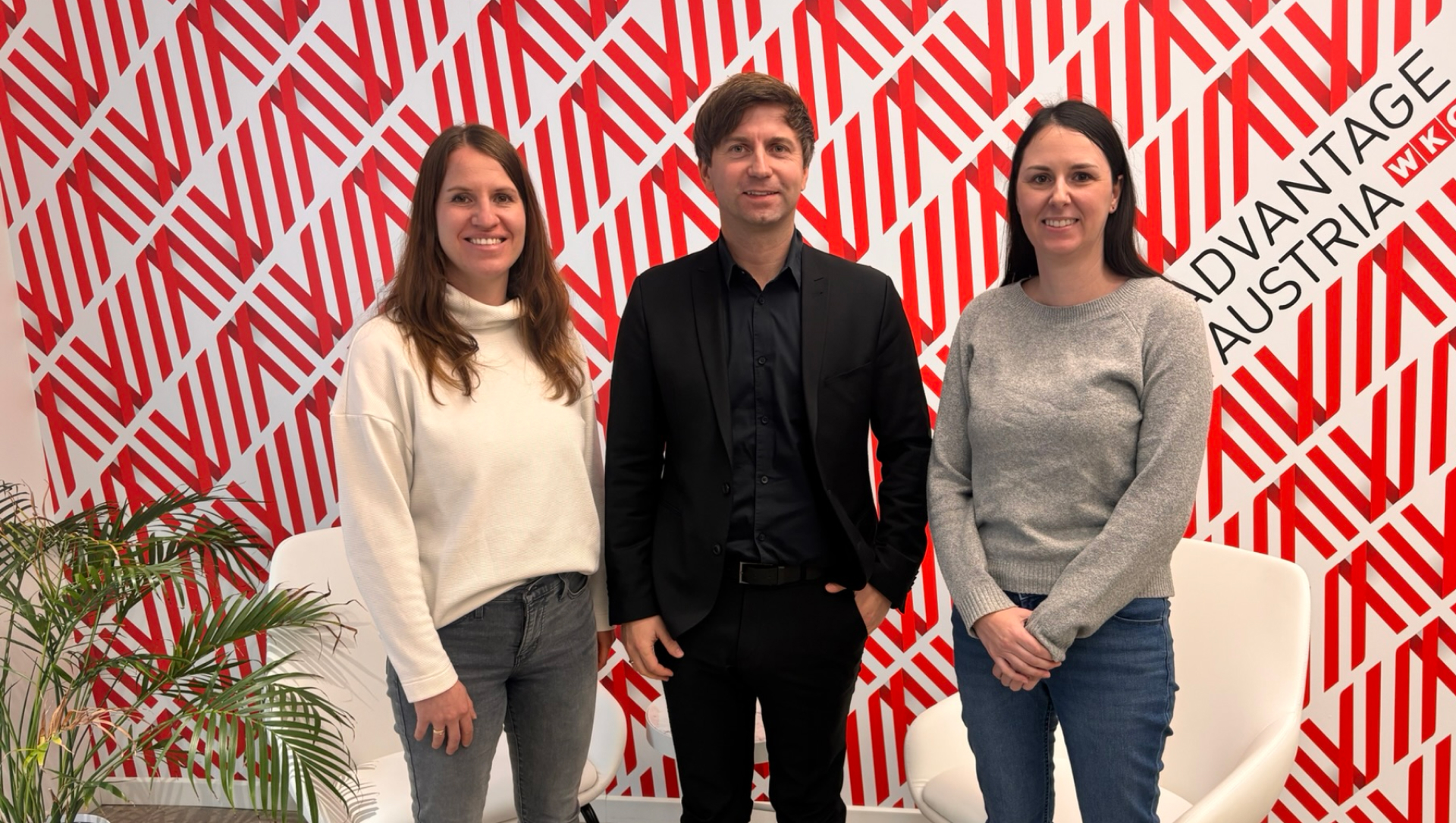The Austrian founder who financed his startup with Tesla shares

Harald Schnidar sits across from me at lunch and doesn't even get to eat. He has too much to talk about his health startup Scarletred, which is currently in an exciting phase of its development.
Harald Schnidar sits across from me at lunch and doesn't even get to eat. He has too much to talk about his health startup Scarletred, which is currently in an exciting phase of its development. Schnidar is currently raising money from backers on the crowdfunding platform Green Rocket – a lot of money. More than €540,000 has already been raised, and the ultimate goal is €1 million.
The investors' money – subordinated loans that pay a fixed annual interest rate or annual profit and share in the company's value appreciation – will be used to develop the startup's app for the consumer market. The software promises to be able to provide analyses of skin diseases and their treatment. "Currently, the app is suitable for analysis, but the real goal is to be able to use it to diagnose skin diseases and predict the effectiveness of the treatment process," says Schnidar.
The USA calls
Major clients such as L'Oréal, Henkel, and Lilly are already using the method, which they hope will save up to 50 percent of development time and costs when launching new pharmaceutical and cosmetic products. Schnidar's app scans skin tones and, using a small sticker applied to the skin, measures how a sunburn or wound changes as a result of treatment with a medication. This should provide pharmaceutical and cosmetic companies with easy access to data on the effectiveness of their new medications or treatments.
To gain a foothold in the US, Schnidar has opened a branch in Cambridge, near Boston, near the renowned Massachusetts Institute of Technology (MIT). "Over there, we can tackle very large and even revolutionary new applications with our customers and partners," he says.

“I have to invest in that”
Schnidar founded the company in 2015, but his cap table still looks pretty fresh. He owns 90 percent, while his brother and wife each hold a 5 percent stake. "They both believed in the idea from the very beginning," says Schnidar. In recent years, the startup has received some public funding from Austria Wirtschaftsservice (AWS) and the Austrian Research Promotion Agency (FFG), two of Austria’s main public funding institutions. He paid for the rest out of his own pocket, and recently, employees also joined the crowdfunding campaign and our employee participation program. "There's a good reason why I didn't bring in any business angels or investors at the beginning, or rather, why I didn't have to," says the founder.
In 2013, when shares of Tesla, a relatively unknown electric car company, were still around $30, Schnidar pounced. "I was in Silicon Valley at the time and saw a Tesla store for the first time," he says. "That's when I thought: This is the future of mobility, I have to invest in it." A few years later, when Tesla's stock exploded, Schnidar sold ("a nice six-figure sum") and invested the money 1:1 in his own company. "Without this money, Scarletred wouldn't exist in its current form," he says. He also wouldn't have received the funding if he hadn't contributed his own equity.

“Gold standard in dermatology”
The money from Tesla shares is no longer enough to help Scarletred (the name refers to the redness associated with some skin diseases) achieve international breakthrough. "Medical devices are different from many other products, especially digital ones," says Schnidar. "Development and testing require a lot of time and personnel." The clinical development phase lasted four years. With the crowdfunding money, he now wants to shift gears; ultimately, the software is intended to become the "gold standard in dermatology."
The market seems huge: Approximately two billion people worldwide suffer from acne, up to 10 percent of the population suffers from atopic dermatitis, and up to 125 million people have psoriasis. Schnidar's goal is to be able to better diagnose and treat such diseases via smartphone. Until then, he will tell his story many more times, as he now also wants to bring major strategic investors on board.
Original Trending Topics article in German, written by Jakob Steinschaden, can be found here


